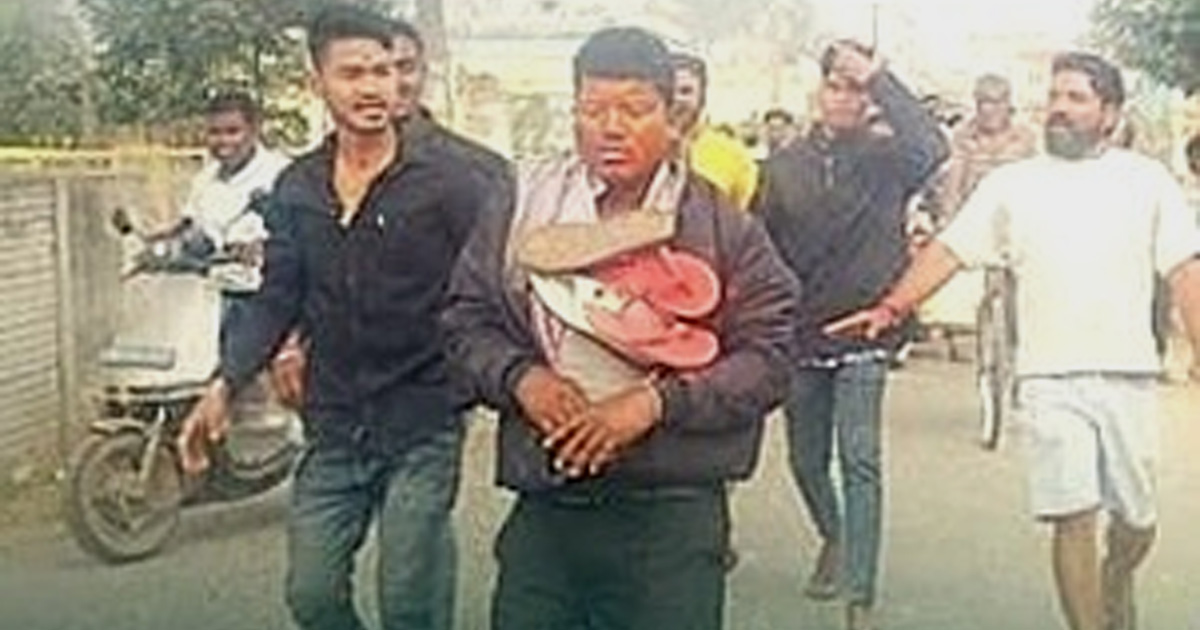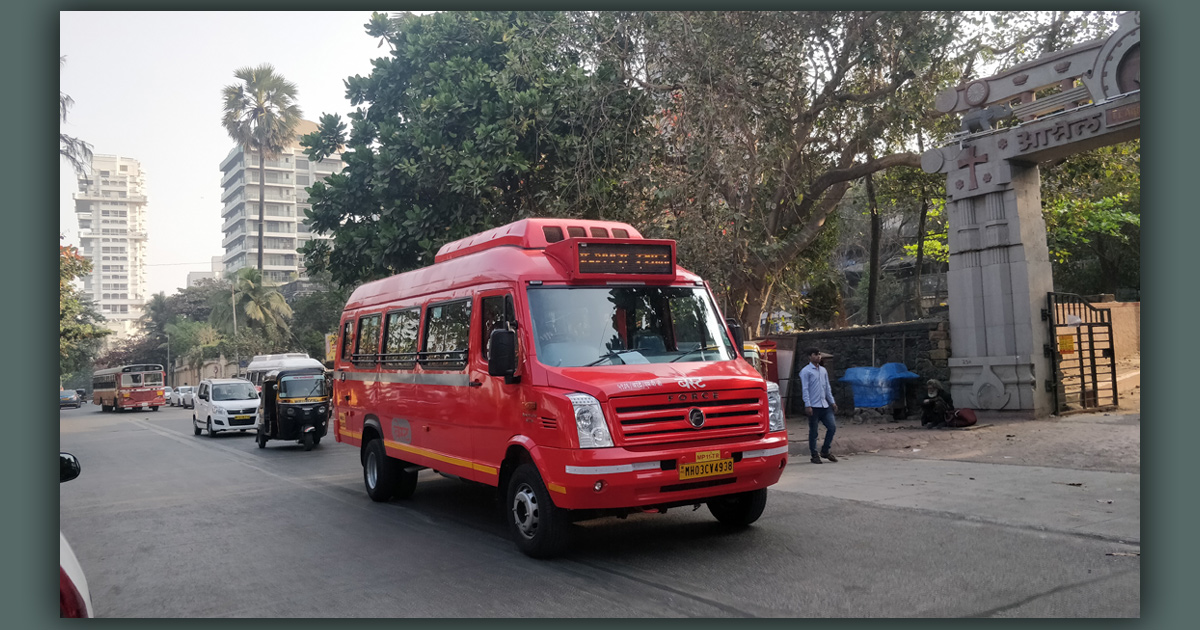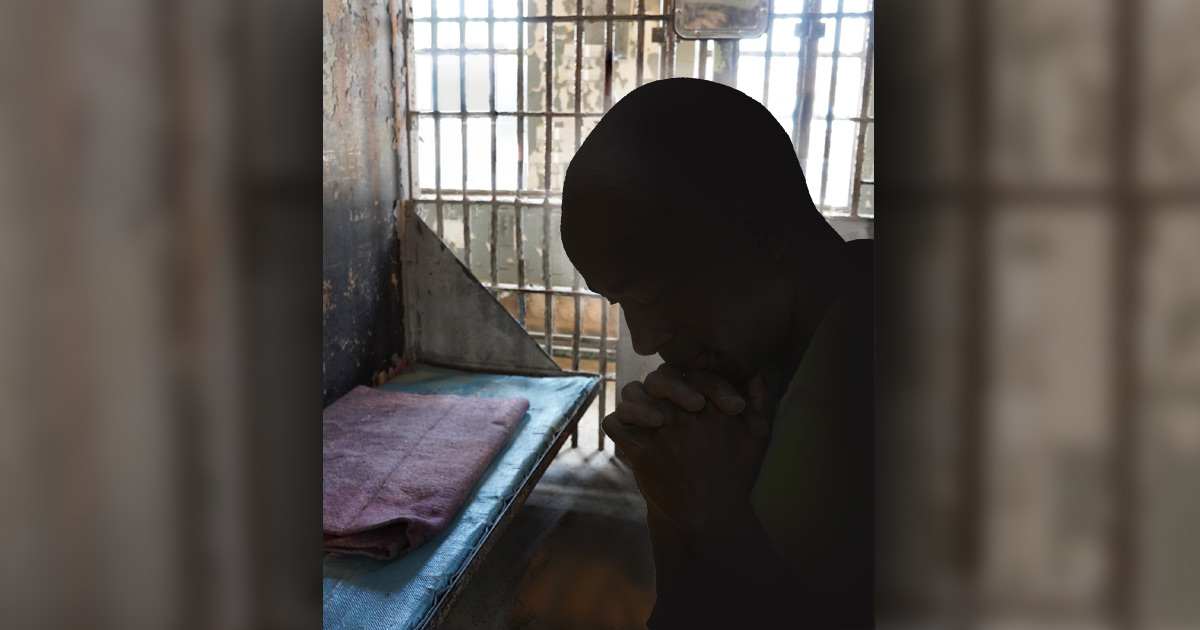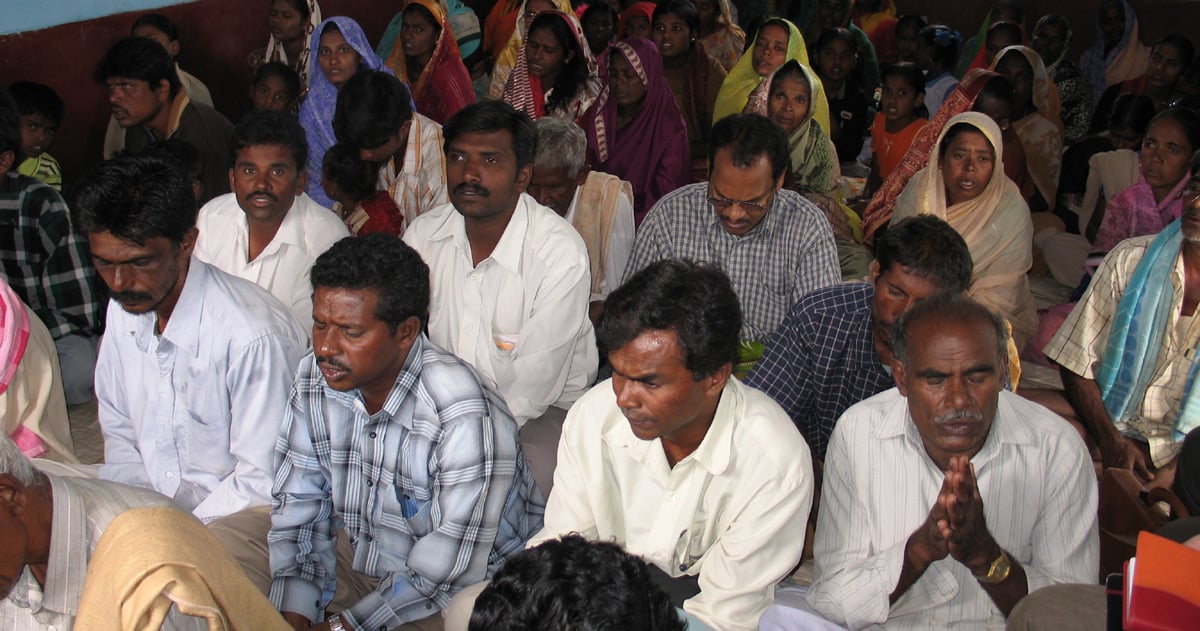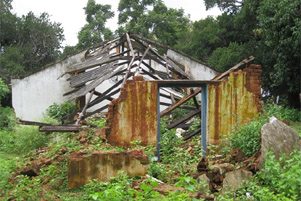
and murdered in the 2008 attacks.
In 2008, the Indian state of Odisha (formerly known as Orissa) erupted in religious violence after the assassination of a popular Hindu swami. Though Maoist rebels claimed responsibility, blame was quickly placed on Christians in the area. In the days and weeks that followed, hundreds of Christians were massacred and thousands displaced due to mob violence. Over the years, the Voice of the Martyrs Canada has been providing support for many children whose parents were killed in the attacks.
Seven Christians were arrested and sentenced to life imprisonment, despite overwhelming evidence of their innocence. During the past few months, however, those convictions have begun to be overturned by the courts. In May 2019, Gornath Chalanseth was released. In July, he was joined by Bijaya Kumar Sanaseth, leaving the other five accused men in prison after 11 years.
We are pleased to report that the remaining five Christians were granted bail by the country's Supreme Court on November 26th. According to Indian law, while all seven have been released on bail, they remain free unless the high court orders their detainment in the future. Vijayesh Lal from the Evangelical Fellowship of India declared, "This is like a Christmas gift for them." At the same time, he describes this as "a small success," since their names have not yet been cleared and those responsible for the original crimes remain at large.
Praise God for the freedom that has finally been granted to these innocent men! As they reintegrate back into their communities after so many years of imprisonment, pray that the transition be smooth and that they will be well received. Also pray for the restoration and blessing of their families, asking the Lord to recompence them for all the years of separation. Despite the extensive time gap, may the Lord continue to guide the judicial authorities in the courts so that the truth will be upheld.

 Population
Population